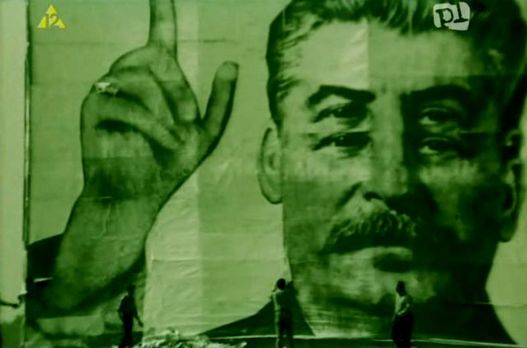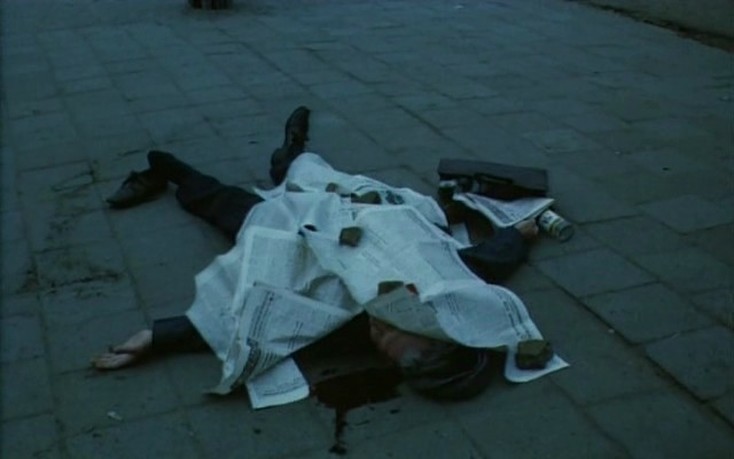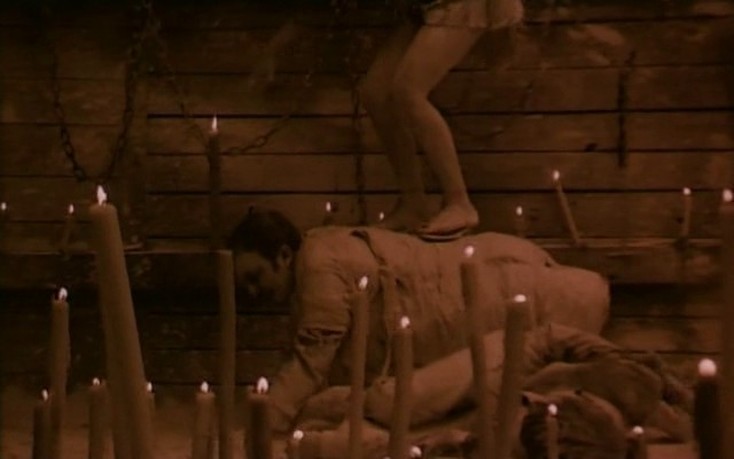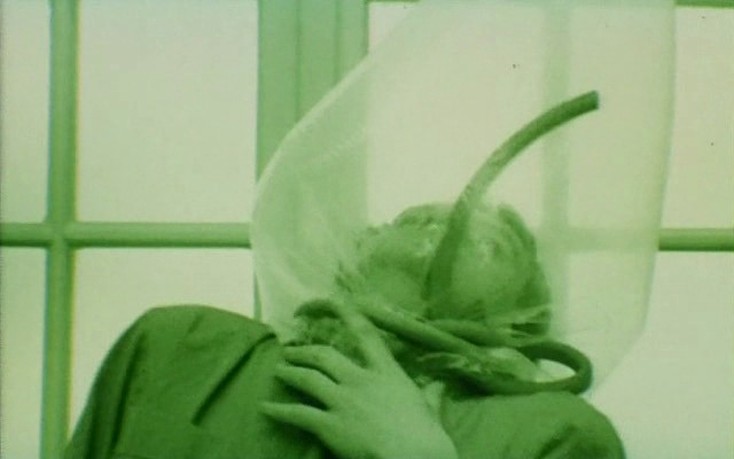 A challenging and experimental film, Hands Up! opens with the filmmaker himself, explaining that his film was made in 1967, but was suppressed by government censorship. Releasing the film now in 1981, Hands Up! is a reworked surreal journey into the mind of a filmmaker, reflecting on the passage of time, in particularly relating to where he was, 14 years earlier. Featuring very little dialogue, especially early on, Hands Up! is a feast of sound and image which creates a haunting and provocative portrait of the destruction and despair in Poland at the time, even at one point going as far as to juxtapose this despair with that of the WWII death camps. Much of Hands Up! follows a group of several doctors, one of which is played by Skolimowski himself, as they have a reunion in what can only be described as an abandoned, broken down railway car. As they reminisce about past times, including the effect of communism on their profession, Hands Up! deconstructs how the past itself defines the present in many ways, with Skolimowski making it clear that we are all still capable of breaking free of this mold and forging a future. From what I can tell, much of this discussion is essentially a metaphor about Communism itself, which led to Hands Up! being considered offensive by the Polish government. Perhaps one of the most interesting aspects of the film is in this avante-garde style intro, which finds Skolimowski exposing the censorship of a oppressive regime, as he waxes poetic about his film being unable to be seen in the same vein as other artists, primarily painters. While I probably only could grasp a fraction of the points Skolimowski was trying to make, Hands Up! is a entrancing piece of filmmaking which offers a rare glimpse at a filmmaker given the opportunity to reflect on not only his countries past but his own.
0 Comments
Leave a Reply. |
AuthorLove of all things cinema brought me here. Archives
June 2023
|



 RSS Feed
RSS Feed
